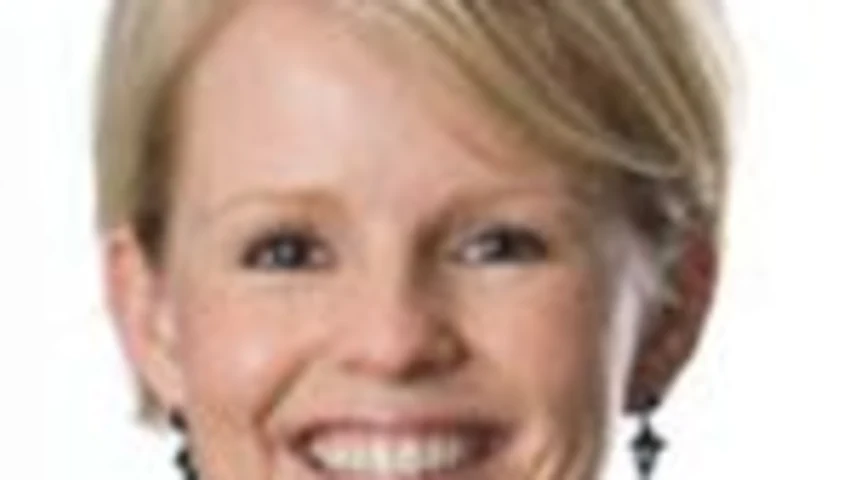Super contribution cap breaches down - but history may repeat, say MLC



The number of superannuation fund members who breached the concessional super contribution cap decreased 37 per cent according to the Australian Taxation Office's (ATO's) latest figures - but MLC has warned that if history repeats, the industry should brace itself for another spike.
MLC said the number of people who breached the concessional contribution cap grew significantly when the cap was halved for the first time between 2008/09 and 2009/10, increasing from 15,832 to 49,786.
That figure declined from 49,786 in 2009/10 to 31,217 in 2010/11 - however the recent halving of the cap again in July had the potential to reverse the decrease in the number of people who had breached the new cap, the company said.
MLC head of technical services Gemma Dale said many people had not been aware of the changes, or did not track their contributions adequately, which had been the cause of the surge in breaches for 2009/10. The same outcome could occur next reporting season if members were not diligent.
"What concerns us now is that the cap has halved again and if history repeats, we could see a big spike in cap breaches in the 2012/13 financial year," Dale said.
MLC pointed to cases where the ATO had limited discretion once the cap had been breached and said a tax penalty of 31.5 per cent or more could then be charged.
It said the ATO would review its latest contribution cap breach figures to make up for any potential lag.
Recommended for you
Introducing a cooling off period in the process of switching super funds or moving money out of the sector could mitigate the potential loss to fraudulent behaviour, the outgoing ASIC Chair said.
Widespread member disengagement is having a detrimental impact on retirement confidence, AMP research has found.
Economists have warned inflation risks remain elevated even as the RBA signals policy is sitting near neutral after its latest hold.
Australia’s superannuation funds are becoming a defining force in shaping the nation’s capital markets, with the corporate watchdog warning that trustees now hold systemic importance on par with banks.










